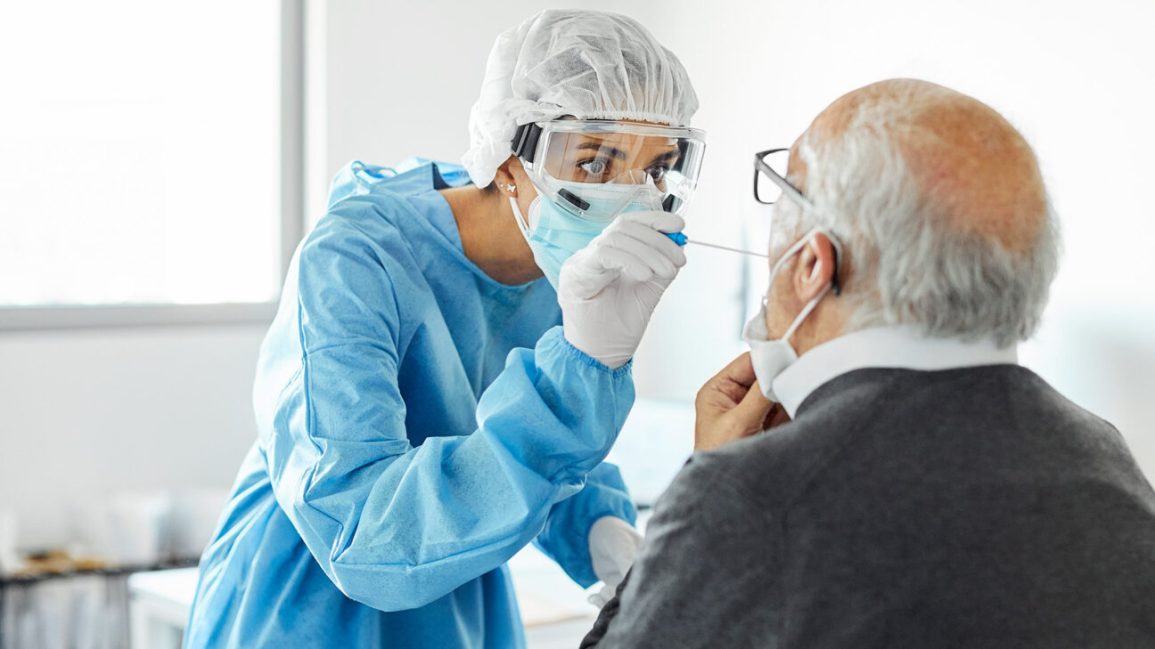Molecular Covid Test
Molecular COVID-19 tests are designed to detect an active infection with SARS-CoV-2, the coronavirus that causes COVID-19. The most well-known molecular test uses a laboratory method known as reverse transcription polymerase chain reaction (RT-PCR) that is often called PCR. PCR and molecular tests work by looking for the virus’s genetic material in your test sample, which is usually taken by swabbing your nose or throat. Molecular tests analyzed by a laboratory are generally considered to be the most accurate method of diagnosing COVID-19. A molecular test is used for diagnosis when a person has signs or symptoms of COVID-19. It is used for screening in people who are asymptomatic but who may have had exposure to the virus, such as through close contact with an infected person. Molecular tests are designed to detect the presence of SARS-CoV-2 by measuring very small amounts of the virus’s genetic material.

A molecular test can also be used for screening. If you have no symptoms, you may get a molecular test if:
- You have been in close contact with someone who has been diagnosed with COVID-19.
- You have been in situations at high risk of viral transmission, such as travel or large gatherings of people.
- You live or work in an environment like a correctional facility, nursing home, or homeless shelter where there is an elevated risk of viral spread or severe cases of COVID-19.
- You are going to have a medical procedure like a surgery or a procedure that generates tiny air particles known as aerosols.
- You are going to start taking a medication that affects your immune system.
- You are required to provide a negative test result by your employer, in order to travel, or to take part in another activity.
